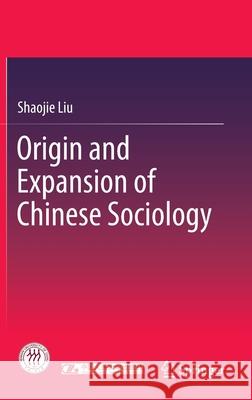Origin and Expansion of Chinese Sociology » książka
topmenu
Origin and Expansion of Chinese Sociology
ISBN-13: 9789811530937 / Angielski / Twarda / 2020 / 265 str.
Origin and Expansion of Chinese Sociology
ISBN-13: 9789811530937 / Angielski / Twarda / 2020 / 265 str.
cena 402,53
(netto: 383,36 VAT: 5%)
Najniższa cena z 30 dni: 385,52
(netto: 383,36 VAT: 5%)
Najniższa cena z 30 dni: 385,52
Termin realizacji zamówienia:
ok. 22 dni roboczych.
ok. 22 dni roboczych.
Darmowa dostawa!
Kategorie:
Kategorie BISAC:
Wydawca:
Springer
Język:
Angielski
ISBN-13:
9789811530937
Rok wydania:
2020
Wydanie:
2020
Ilość stron:
265
Waga:
0.58 kg
Wymiary:
23.39 x 15.6 x 1.75
Oprawa:
Twarda
Wolumenów:
01
Dodatkowe informacje:
Wydanie ilustrowane











